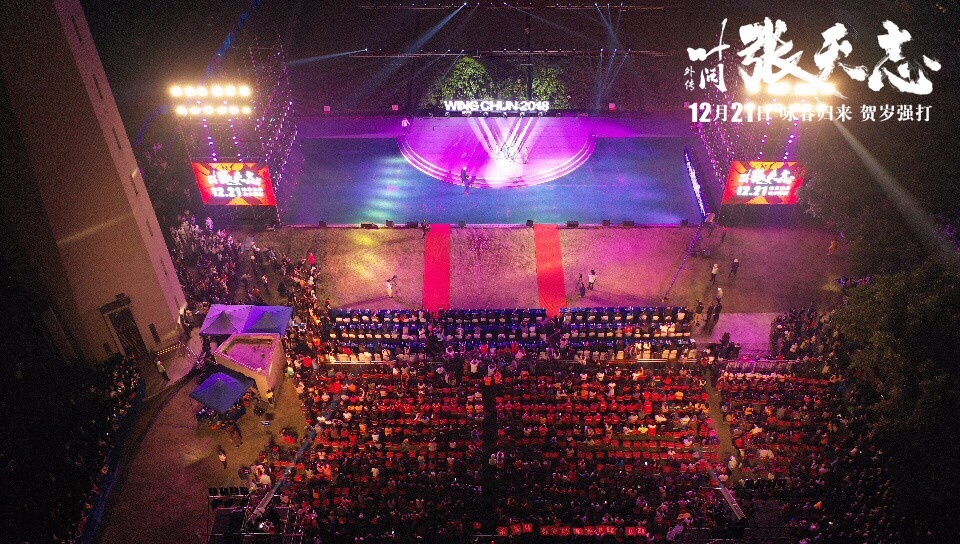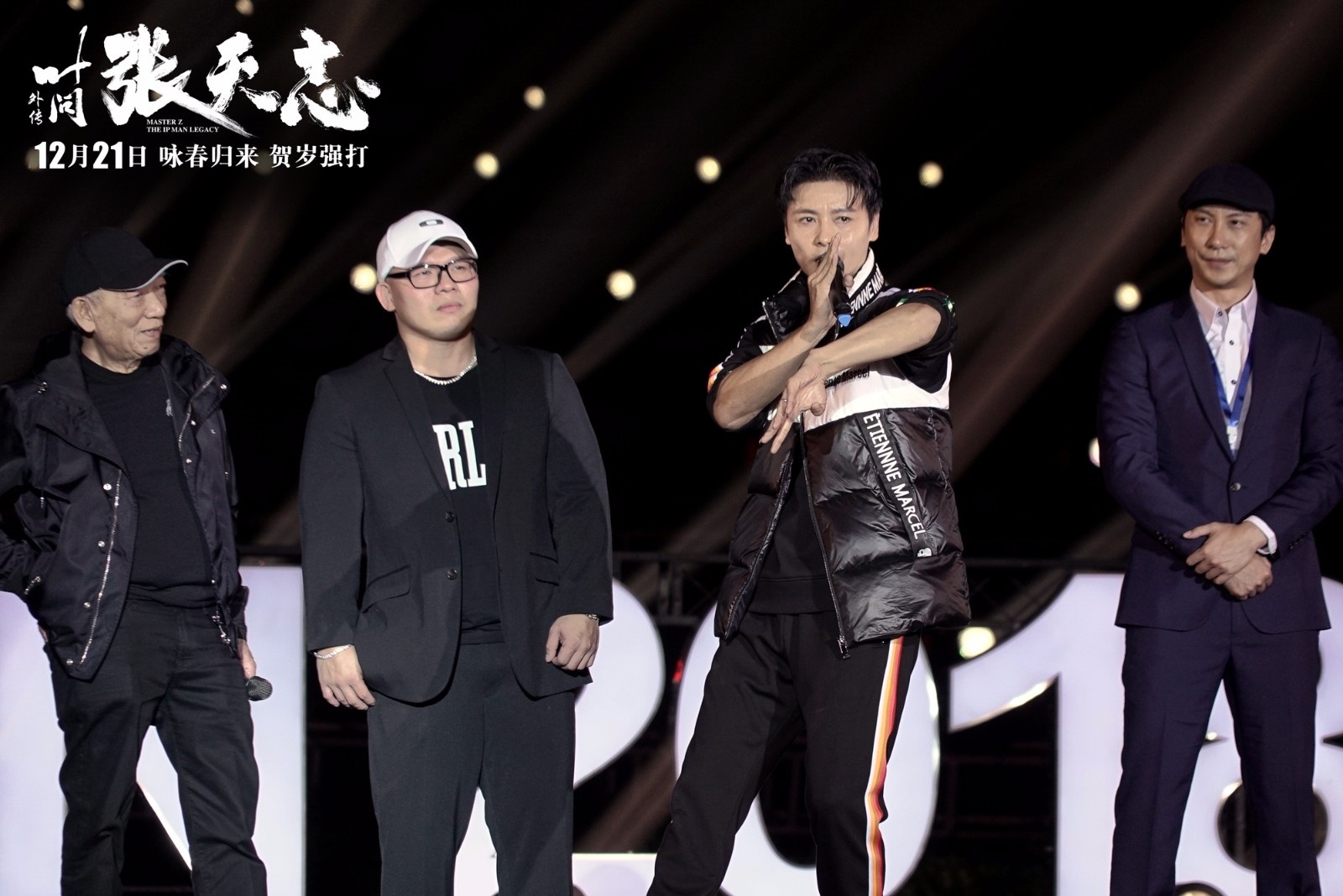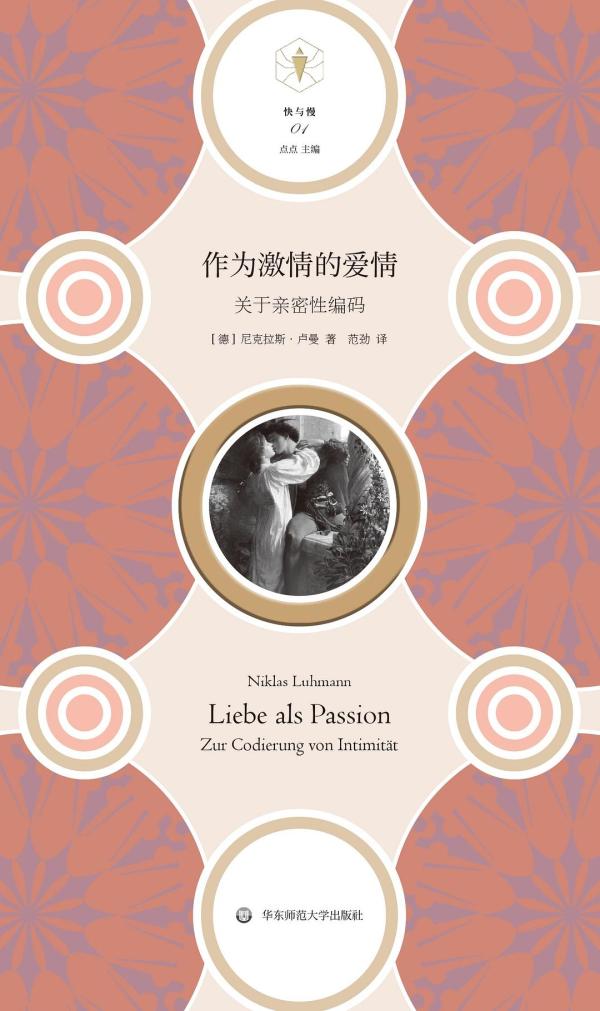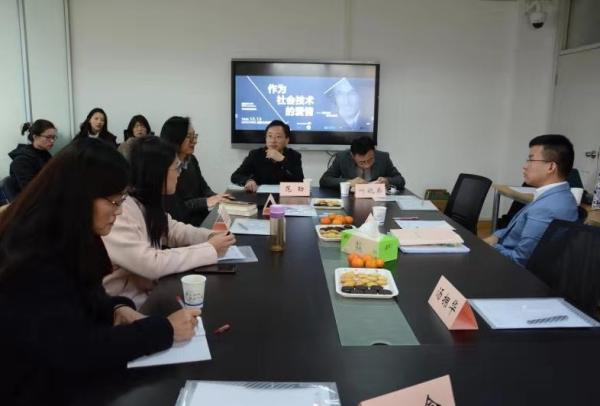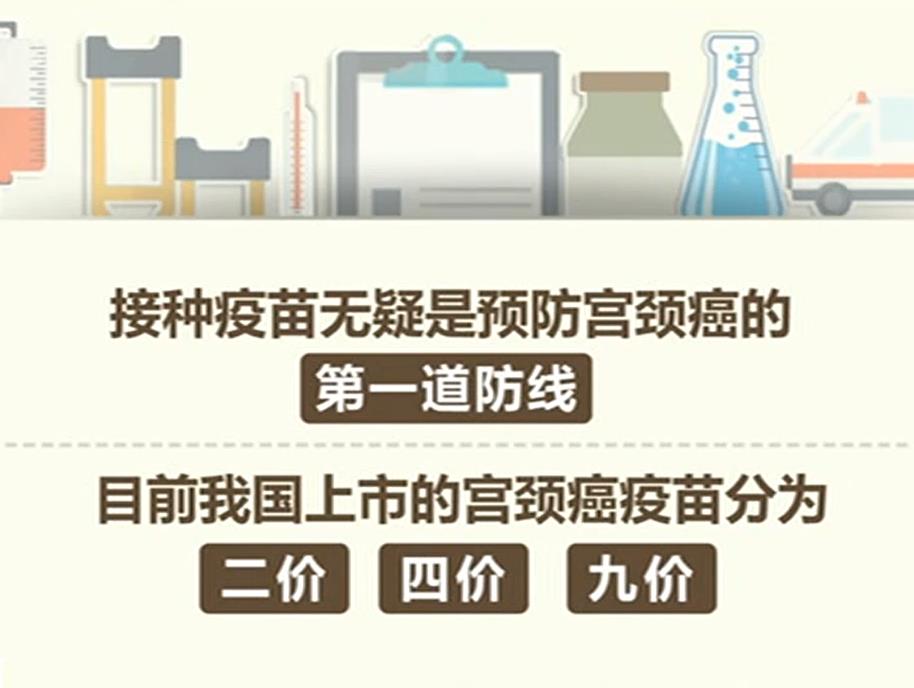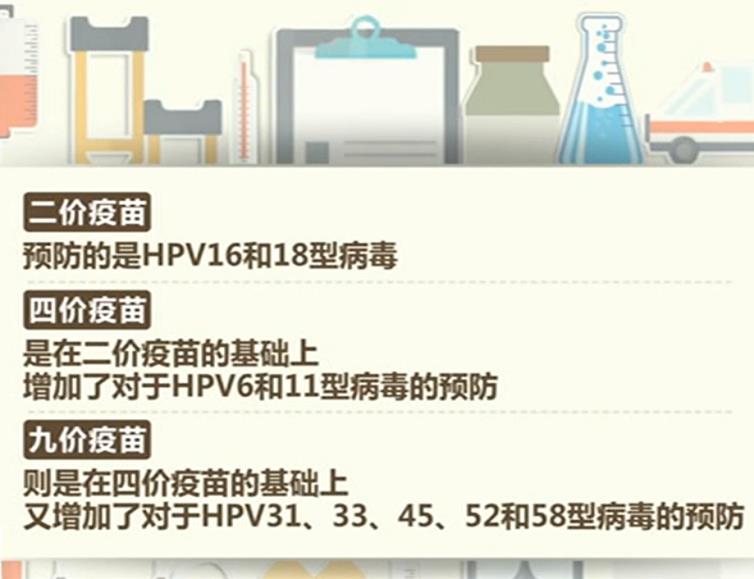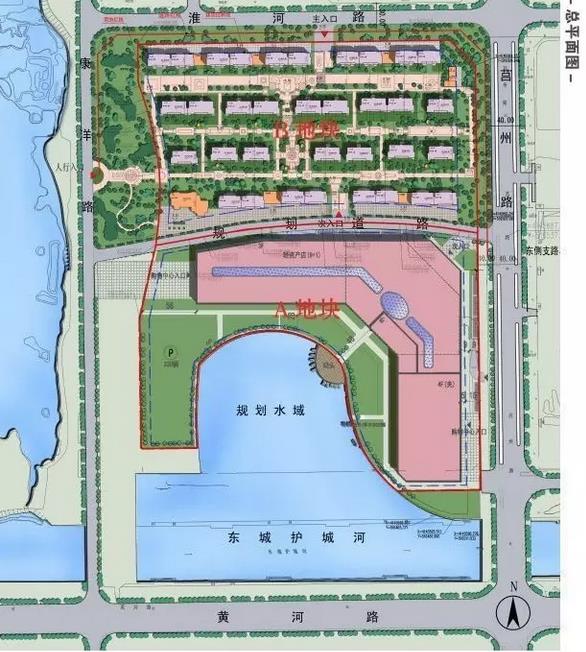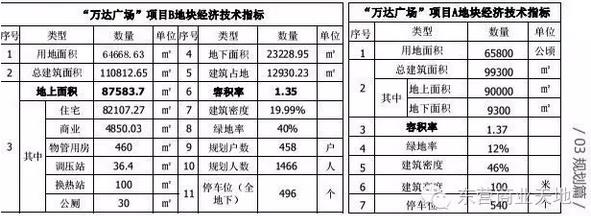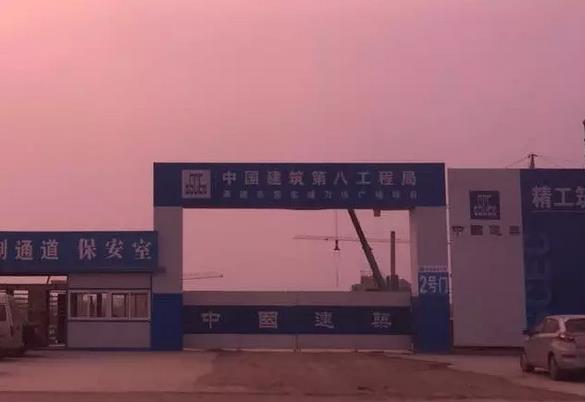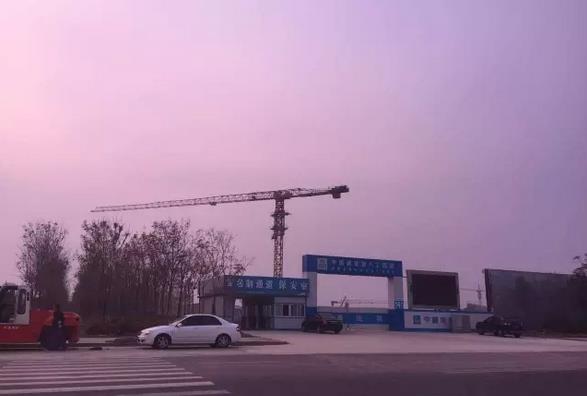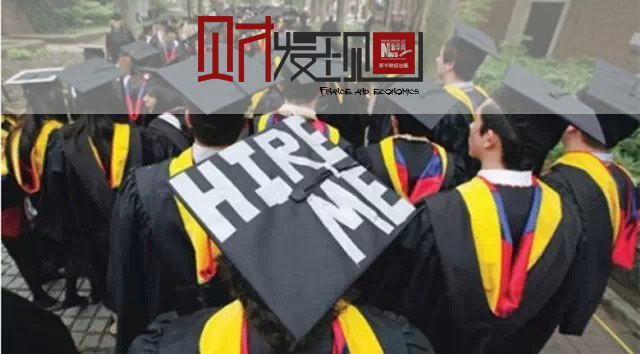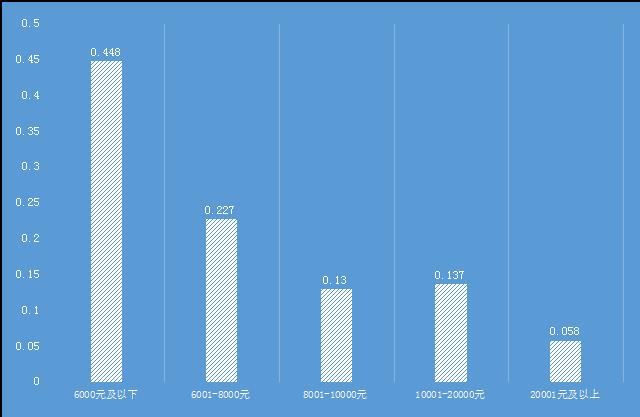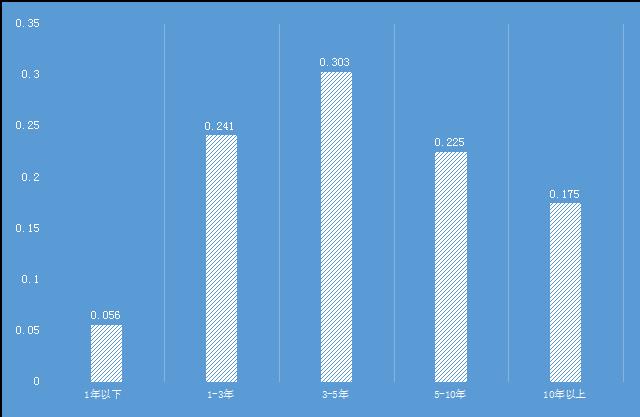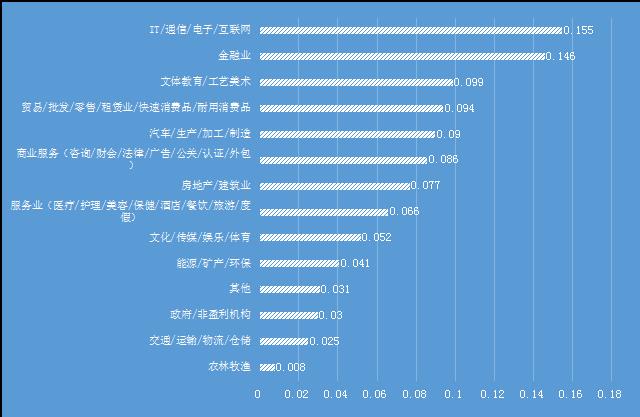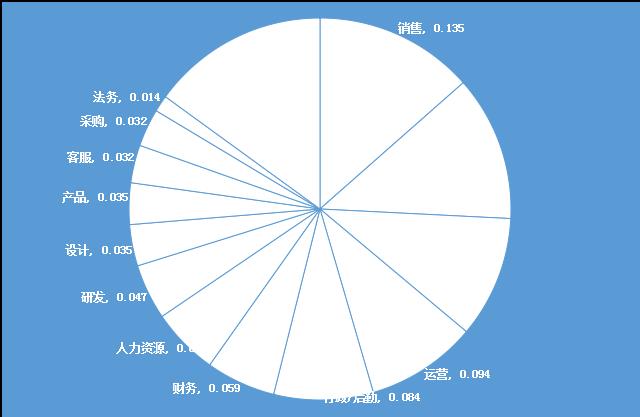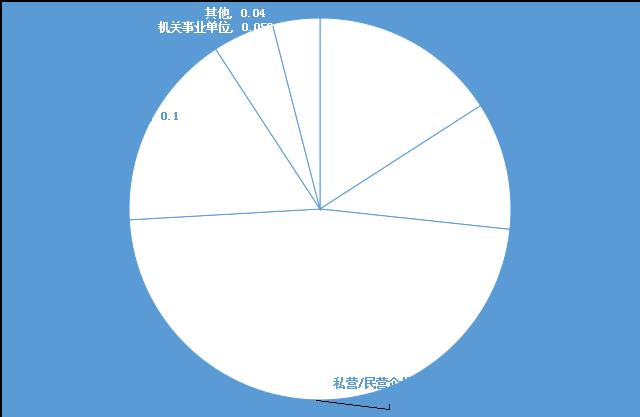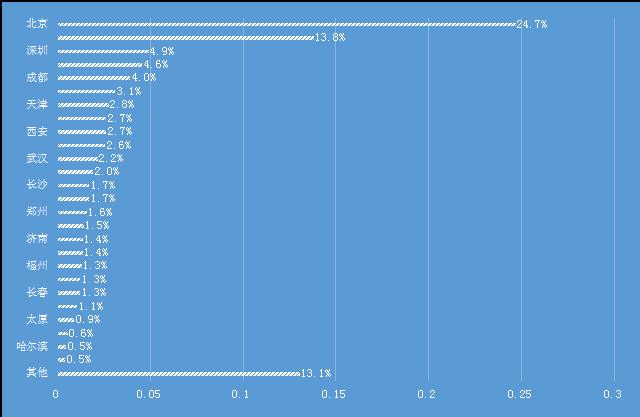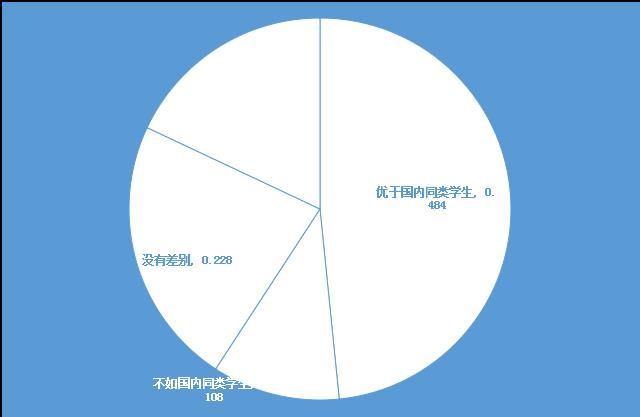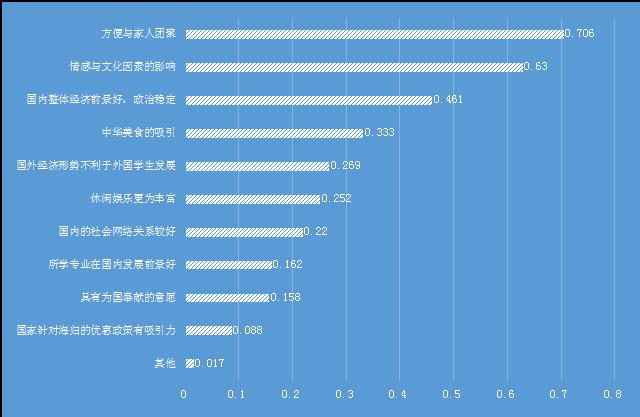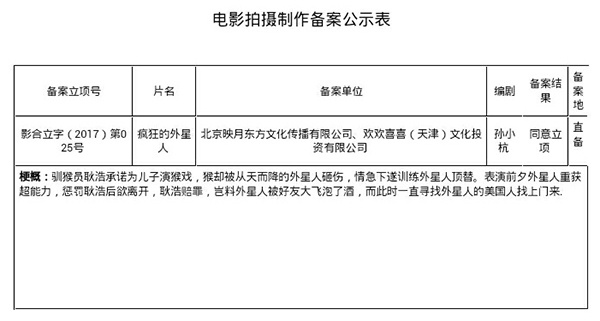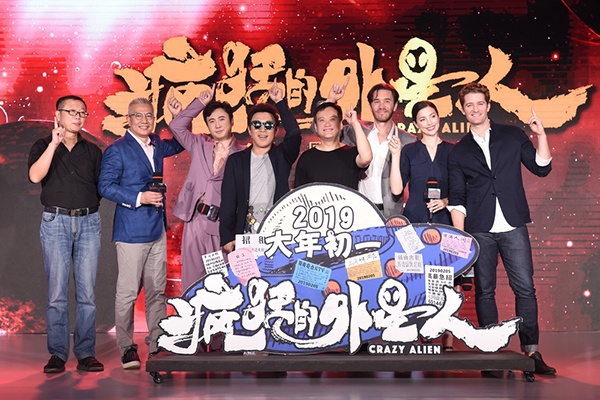I. Concept and characteristics of intellectual property rights
(1) What is intellectual property?
Intellectual property rights refer to the civil rights that people enjoy on their creative intellectual labor achievements, such as patent right, trademark right, copyright (also known as copyright) and exclusive right to trade secrets. Intellectual property law is the law to protect such civil rights. These rights are mainly property rights. Among them, patent right and trademark right are collectively referred to as "industrial property right". They are civil rights that need to be applied for and examined and approved by the administrative department. The exclusive right to copyright and trade secrets comes into being automatically in accordance with the law when the relevant creative activities are completed.
(2) Similarities and differences between intellectual property rights and general civil rights
Like general civil rights, intellectual property rights also have corresponding protected subjects and objects. Inventors, patentees, registered trademark owners, writers, artists, performers and so on are the corresponding subjects. New technical solutions, trademark logos, written works, music, art works, computer software, etc. are the corresponding objects. Here, a considerable part of the subject and object of patent right and exclusive right of trade secret overlap. After the inventor develops a new technical scheme, he can obtain the patent right by applying to the administrative department for a patent and making the invention public, or he can enjoy the actual exclusive right by keeping it secret. That is to say, the owner of the technical scheme can choose the way of patent protection or the way of trade secret protection.
Different from most civil rights, the emergence of intellectual property rights is much later than other civil rights. Engels believed that most civil rights had been basically formed as early as the Roman Empire of slavery. Industrial property rights only came into being in the modern times when commodity economy and market economy developed. Copyright came into being with the development of printing technology, and gradually developed with the development of new technologies such as recording, video recording and broadcasting. Trade secrets are listed as one of the property rights (that is, intellectual property rights), only after the establishment of the World Trade Organization. At the same time, with the development of economy and technology, the content of intellectual property rights and the scope of protected objects are always changing at a faster speed. So far, it is hard to say that they have "formed".
Like tangible property rights, intellectual property rights are also an exclusive right. That is to say, without the permission of the owner of the property right, others can’t use or make use of it.
Different from tangible property rights, firstly, the object of intellectual property rights is "difficult to develop and easy to copy". If a thief steals a car (tangible property) from the parking lot, he can only sell this car at most to get the stolen money, and he is unlikely to copy several more cars to sell. If a thief steals a software from a software development company, he can copy thousands of copies of the same software and sell them quickly, which is enough to bankrupt the software development company. Second, although intellectual property rights and tangible property rights are exclusive rights, the exclusive rights of tangible property can generally be protected by possessing related objects; The object of intellectual property is certain information (for example, invention is new information of practical technology, trademark is information of commodity source, and work is written information, picture information, audio and video information expressed by the author, etc.), so it is difficult to protect information through "possession". Moreover, the object of tangible property and exclusive rights are generally inseparable. Protecting them is relatively simple. The object and exclusive right of intellectual property are often separated, so it is much more difficult to protect them. For example, the painter sold me a painting, which is undoubtedly an object protected by copyright. This object is in my hand, but if I want to print it on a calendar or a book, I still have to get permission from the painter and pay him. The reason is that the "reproduction right" (that is, one of the exclusive rights in copyright) is still in the hands of the painter and has not been transferred to me with the painting.
These differences between intellectual property rights and tangible property rights make it applicable to the "acquisitive prescription" system of tangible property rights, the responsibility of "returning the original thing" that infringes on tangible property rights, etc., and it is difficult to apply to intellectual property rights. Therefore, we say that intellectual property is a special civil right.
(C) knowledge economy and intellectual property rights
It is precisely because of these differences between intellectual property rights and general civil rights and tangible property rights that it is more necessary to improve and constantly revise intellectual property laws than other laws in the civil field.
In the 200-200 years before the end of the 20th century, developed countries focused on the property law (tangible property law) and the contract law for the sale of goods in their traditional civil laws. The reason is that in the industrial economy, the input of tangible assets such as machinery, land and real estate plays a key role. Since the 1980s and 1990s, in line with the development of knowledge economy, developed countries and a number of developing countries (such as Singapore, Philippines, India, etc.) have gradually changed to focus on intellectual property law and e-commerce law in the field of civil legislation. This is not to say that the traditional property law and contract law are no longer needed, but that the focus has shifted. The reason is that intangible assets such as patent inventions, trade secrets and constantly updated computer programs play a key role in the knowledge economy. With the change of production mode, the legislative emphasis in superstructure will inevitably change. A group of developing countries that have not yet completed the process of industrial economy have realized that in the contemporary era, they still rely on "great efforts and sweat" and still focus on the accumulation of tangible assets, and their economic strength will never catch up with developed countries. It is necessary to promote the accumulation of tangible assets by the accumulation of intangible assets (which mainly refers to the development of "independent intellectual property rights") in order to catch up with developed countries.
A group of Chinese enterprises that can really enter the international market and stand firm, such as Haier in the home appliance industry and Lenovo in the computer industry, have done just that. In their words, it is "promoting industrialization through informationization". At the beginning of 2000, Lenovo introduced a new product that was not too cutting-edge-Internet computer, which included more than 40 patents of its own.
Second, China’s intellectual property legal system
(1) Overview
In 1979, after the Third Plenary Session of the Eleventh Central Committee, China’s patent law, trademark law and copyright law began to be drafted at the same time. In the Criminal Law of 1979, it was forbidden to use another person’s registered trademark falsely, so that the trademark was given the "exclusive right" from then on and became a "civil right arising from the criminal law". By the way, in the long history of China’s relatively developed criminal law and underdeveloped civil law, many civil rights were generated by criminal law and only protected by criminal law.
In 1982, China promulgated the Trademark Law (revised twice in February 1993 and now); In 1984, China promulgated the Patent Law (revised twice in September 1992 and August 2000). In 1986, China promulgated the General Principles of Civil Law, which clearly stipulated the protection of intellectual property rights. In 1990, China promulgated the Copyright Law to protect copyright, and in June 1991, the State Council promulgated the regulations on the protection of computer software. In September 1993, China promulgated the Anti-Unfair Competition Law, and began to expressly protect trade secrets. In March 1997, the State Council promulgated the Regulations on the Protection of New Plant Varieties. In addition to several separate laws and administrative regulations, China’s Criminal Law, revised in 1997, also contains a special chapter, which stipulates criminal sanctions against those who seriously infringe trademark rights, copyright, trade secrets and counterfeit others’ patents. At this point, the basic laws and regulations in the legal system of intellectual property protection in China have been possessed.
(2) Explanation of several major laws
China’s Trademark Law mainly protects the exclusive right of registered trademark owners. Since 1993, this protection has included commodity trademarks and service trademarks. Although the main purpose of the Trademark Law is to protect the interests of registered trademark owners, this purpose must first be achieved by protecting the interests of consumers. At this point, the Trademark Law, the Consumer Protection Law and the Anti-Unfair Competition Law overlap. This is not surprising, because these three laws mainly regulate the circulation of goods and services in the market. In the process of enforcing the Trademark Law, the administrative department for industry and commerce or the court measures whether an operator has infringed on the exclusive right to use a trademark of others, mainly to see whether the way he uses a trademark deceives or misleads consumers, that is, whether he uses the same or similar logo as a registered trademark of others without permission.
China’s Patent Law protects three different patent rights, namely invention, utility model and design, with the emphasis on invention patent protection. Members deliberated the revised draft of the Patent Law for three times from April to August last year, and I won’t talk much about this law because it is fresh in my memory.
According to the actual situation in our country, for the registered trademark right and patent right, which are two kinds of intellectual property rights produced by administrative approval, both laws stipulate the functions of administrative organs to mediate and deal with infringement disputes and investigate and deal with some illegal activities. Many foreign laws and WTO intellectual property agreements also allow this kind of administrative law enforcement. Such regulations in China are in line with international practice.
China’s Copyright Law first protects written works, but it goes far beyond "works". Music, dance, movies, television, engineering design, maps, computer software, live performances of actors and so on, all intellectual creations that may be copied, that is, copied, pirated or pirated, are also being protected. Reproduction of works in the form of paper, magnetic tape and film tape belongs to carrier reproduction; The reproduction of a work in the form of performance belongs to the reproduction without carrier. Because of this, international treaties and laws of many countries that protect such achievements are called "copyright law". In Chinese law, "copyright" and "copyright" are synonymous. Works whose publication and dissemination are prohibited by law are not protected in China.
What needs to be emphasized here is the difference between "originality" and "originality" (that is, novelty as mentioned in patent law). The first condition for copyright protection of creative achievements is "originality" That is to say, it can’t be copied, copied or otherwise infringed upon the copyright of others, but it must be created by the author. The requirement of originality is different from that of originality. "Originality" does not exclude "coincidence" in creation. For example, Party A and Party B shot the Badaling Great Wall from the same angle. Although Party A shot first and Party B came last, the two photographs are very similar, but they both enjoy their own copyrights. If B didn’t go to the Great Wall to take photos himself, but copied A’s photographic works, it would be "plagiarism" and he would not enjoy his own copyright. It is precisely because copyright protection does not exclude the same works independently created by each other that it is much more difficult for judicial organs and administrative law enforcement organs to determine whether copyright disputes constitute infringement than in the field of patents and trademarks.
For patented inventions, it is precisely required to be "original". The patent system excludes "coincidence" in development. If A applies for a patent first, but B applies for the same invention later, even if B has never been exposed to the development process of A, and it is entirely his own invention, he will never get a patent again. This is the requirement of "novelty" and the principle of "application first" in China’s Patent Law. Because there are many people who make inventions in the same technical field, when different people apply for a patent for the same invention, the patent examination and approval authority is unlikely to judge who actually made an invention first. Therefore, according to the law, it is presumed that the first application should be accepted, and the others are excluded. Therefore, once our enterprise or research unit has a new invention, we should first consider whether it is possible for others to develop the same technical solution in a short time without relying on me. If you think it is possible, you should apply for a patent as soon as possible, so as not to be excluded from the market by others. When our research results are new scientific discoveries, it is necessary to make them known to the media and publicize them as soon as possible in order to gain the recognition of the "right of first discovery" from peers and even the whole world. But when our development or research results belong to practical inventions (that is, new technical solutions), we should first consider applying for patents and occupying the market. At this time, if you are eager to make it public, you may be preempted by others in the patent application, or you may destroy your own novelty, which is not desirable.
We can’t distinguish the different legal status of scientific discovery and practical invention, and we used to pre-empt publicity indiscriminately, which once made us lose a considerable part of the patent achievements that should have belonged to us. Of course, if you believe that others can’t make the same invention independently without relying on yourself, you can choose to protect your own achievements by means of trade secrets without applying for a patent.
For signs that can be registered and thus enjoy trademark rights, the law requires them to be "recognizable". If "milk" is used as the trademark of bagged milk products, consumers will not be able to distinguish this kind of bagged milk from other bagged milk produced by other manufacturers, which is called no recognition. Only by using such recognizable marks as "Sanyuan", "Mengniu" and "Parmalat" can we distinguish the same goods from different manufacturers, which is the main function of trademarks.
Another problem that needs to be emphasized is that for a long time after China promulgated several laws on intellectual property rights, many people paid much less attention to trademarks than other intellectual property rights. In theory, some people think that trademarks only have a symbolic function, and it seems that they are not intellectual property rights. In practice, some people think that creating famous brands is only a matter of high-tech industries, and primary products (such as ore and grain) do not need trademarks at all. In fact, a trademark has been invested with creative intellectual labor since the right holder chooses the logo. Since then, the continuous improvement of trademark reputation mainly depends on the marketing methods of operators, the technical content invested in improving quality and updating products, etc. These are the results of creative labor. Almost without exception, the primary products of developed countries appear in the market with trademarks. Because they all understand that while operating tangible goods, their intangible property-trademarks will continue to increase in value. Once all your tangible goods are lost (such as average, natural disasters and other force majeure, financial crisis and other commercial risks), at least your trademark is still valuable. The boss of "Coca-Cola" company once said that once all the factories and goods of the company in the world were lost in the fire, he could use the trademark of "Coca-Cola" as a pledge the next day and lend money to resume production. Because every year, the "financial world" evaluates the value of "Coca Cola" to tens of billions of dollars. We once had theorists tell people that if an enterprise goes bankrupt, its trademark will be worthless. In fact, after the collapse of the enterprise,There are many examples where trademarks are still quite valuable. For example, in March 1998, Guangzhou Camera Factory closed down, and the evaluation company estimated the "Pearl River" trademark of the factory at 4,000 yuan, which many people still thought was overestimated. At the auction that month, this trademark sold for 395,000 yuan! Obviously, the reputation of an enterprise that has been invested in trademarks by intellectual labor for many years will never be completely lost immediately because of a temporary business mistake (or other unforeseen accidents). It can be seen that it is very important to improve the trademark awareness of Chinese operators (especially operators of a large number of primary products) for the development of China’s economy.
Since 1980, China has successively joined the World Intellectual Property Organization Convention, the Paris Convention for the Protection of Industrial Property, the Berne Convention for the Protection of Literary and Artistic Works, the universal copyright convention and other major international intellectual property conventions. China, as a developing country, has made rapid progress in both domestic legislation and international cooperation in intellectual property protection. Both the former Director-General and the current Director-General of the United Nations World Intellectual Property Organization believe that in just over a decade, China has completed the road that developed countries took hundreds of years to complete.
Of course, the current situation of intellectual property protection in China, which has not established a modern intellectual property legal system for a long time, is not optimistic. In particular, it is still a long way to go to crack down on counterfeit trademarks and various piracy activities.
(C) China’s historical contribution to the intellectual property system
Although many modern civil rights protection systems, including intellectual property protection system, are mainly "imported" from abroad after China’s reform and opening up. It should be noted, however, that copyright protection came into being with the invention of printing technology, but it happened in China at first. In the era of copying creative achievements by hand, there will be no such civil right as "copyright". Because it is impossible for replicators to produce mass copies for their own profit through difficult replication activities, there is no need for creators to control such replication activities.
Printing technology developed greatly in Sui and Tang Dynasties in China. Movable type printing was invented in Song Dynasty. Copyright protection originated from the Song Dynasty in China. A large number of ancient books handed down in the Song Dynasty, such as Fang Yu Sheng Lan, Cong Guimao’s Collection of Poems, clearly recorded the local government’s list of "no copying" and "no copying" at that time, which contained activities of "copying for profit", and the obligee could "report, chase people and destroy the edition" and so on. The litigation procedure and tort liability can be clearly seen in the Copyright Act of Britain until 1956. The "copyright marks" left in these ancient books at that time are almost identical to the formal requirements required by universal copyright convention. The Right to prohibit Copying or copying is exactly the same as the concept of "Copy right" that came into being in the West more than 700 years later and is still in use today. However, this kind of protection in the West only gradually developed more than 500 years after the Song Dynasty, when Gutenberg began to use movable type printing in Germany. China’s historical contribution to printing and copyright protection was recognized by UNESCO as early as the early 1980s.
In the mid-1990s, an American professor, citing the existence of piracy in China at that time, asserted that China had never respected the achievements of intellectual creation since ancient times, and pursued the creed that "stealing books is not stealing" since ancient times. At that time, I published an article in English overseas, pointing out that his assertion was a lack of understanding of the history of China, and comprehensively introduced the records in the above-mentioned ancient books of the Song Dynasty. This article was later quoted by many scholars in the intellectual property field abroad (including the United States). They all agree that since copyright protection came into being with the development of printing, it will inevitably appear in China first.
Of course, confirming China’s contribution to intellectual property rights in history is not to prove that everything is perfect now. After all, time has entered the 21st century. The modern intellectual property system that has just been established in China needs to be continuously improved. Now we are revising several laws on intellectual property rights, which is a good proof that we realize this necessity.
Iii. WTO accession and intellectual property protection
(A) the intellectual property system of the World Trade Organization
The agreements of the World Trade Organization mainly adjust three contents: commodity trade, service trade and intellectual property protection. Commodity trade refers to the sale of tangible goods, which is familiar to everyone. In the WTO agreement, trade in services refers to four situations:
1. Cross-border provision (e.g. telecommunications services, network services);
2. Personnel flow (such as labor export);
3. Spending abroad (such as tourism services);
4. Commercial availability (e.g. financial services provided by foreign banks to set up in China).
Just in the two contents of commodity trade and service trade, it is actually full of intellectual property protection issues.
As far as commodity trade is concerned, all commodities from legal channels have their own trademark protection problems. There are copyright protection issues in commodity packaging, decoration design, and advertisements for promoting commodities (including advertising pictures, advertising words, advertising films and so on). New products with smooth sales channels are generally supported by patents or trade secrets. Most goods from illegal channels have problems such as counterfeit trademarks and piracy. In service trade, the protection of service trademarks and the copyright of advertisements for providing services are the same as those in commodity trade. The difference is that in cross-border services, especially in network services, an enterprise advertising in its own country may infringe on the trademark rights enjoyed by foreign enterprises in foreign countries, because the network is characterized by borderlessness, but the trademark rights are characterized by regionality. This kind of special infringement dispute is impossible in the sale of tangible goods.
There are seven intellectual property rights that WTO requires its member countries to protect: copyright, trademark, invention patent, design, geographical indication, semiconductor integrated circuit design and trade secrets. Among them, the design has been included in China’s Patent Law; Geographical indications will be included in the revised Trademark Law, leaving only the protection of semiconductor integrated circuit design, which has not yet been legislated in China. However, because this creative achievement is updated quickly, the infringer has just copied it, and the updated products of others may have been listed, so the copywriter is unprofitable. Therefore, the members of the WTO did not emphasize the issue of this legislation in the negotiations.
(2) Legislative suggestions on intellectual property rights related to China’s entry into WTO
1. Attention should be paid to "foster strengths and avoid weaknesses" in legislation.
As far as our legislature is concerned, in view of China’s accession to the WTO, we should consider making legislation and amending the law so that our intellectual property system does not conflict with the intellectual property agreement of the WTO (that is, the TRIPS Agreement). To do this, we only need to meet the "minimum requirements" of the intellectual property agreement. At this stage, we don’t need to pursue the high level of protection in developed countries. After China’s entry into the WTO, we should consider using feasible suggestions to urge our representatives to continuously increase the contents conducive to China’s economic development in multilateral negotiations. Of course, it is also a positive way for the legislature to start protecting the intellectual property objects that belong to our strong points at home through legislation. Over the years, a number of countries in Asia and Africa have started to protect folk literature and art in their own domestic laws in an effort to incorporate them into international conventions.
In the next round of multilateral negotiations, the WTO will soon discuss the issue of bringing the protection of "biodiversity" and "traditional knowledge" into the scope of intellectual property rights, which should attract our attention. The protection of a large number of animal and plant species (including endangered animals and plants) unique to China but not abroad belongs to the former; The protection of Chinese medicine and Chinese medicine therapy in China, and the protection of folk literature and art in almost all parts of China belong to the latter. These should be said to be China’s strengths, unlike patents and well-known trademarks, which are obviously still China’s weaknesses in the international arena. The purpose of our concern about these issues is to strive to bring them into the scope of international protection of intellectual property rights. Second, once it is included, we should consider how our legislation can keep up immediately. This will help us to "foster strengths and avoid weaknesses" in the international protection of intellectual property rights, so that China’s intellectual property products in the international market may also continue to increase. Since 1996, the export value of products in the core industries of the copyright industry (namely, software industry, film and television industry, etc.) has exceeded the export value of products in agriculture and machine manufacturing (namely, aircraft manufacturing, automobile manufacturing, etc.). The American Intellectual Property Association regards this as an important symbol that the United States has entered the development period of "knowledge economy".
In addition, I feel that the protection of geographical indications already mentioned in the revised draft of the Trademark Law is not enough. France only has a few geographical indications related to wine, so it knows that it will make a big fuss in domestic laws and international conventions and spare no effort to emphasize their protection. After China joined the Paris Convention for the protection of geographical indications in 1985, France asked us to ban the word "champagne" on our own wines because it is the geographical indication of French wines. In China, there are countless world-famous and protectable geographical marks, such as marble, Laiyang pear and Jinhua ham, which are understated in our legislation. Many Italian stones and stone products, and many stone products in Hualien County, Taiwan Province, China, are called "marble" or marble products in the international market. If we want to give full play to the advantages of geographical indications in the international protection of intellectual property rights after China’s entry into WTO and prohibit others from using them casually, we should first highlight the status of these protected objects in our own laws and strengthen their protection.
Never mention intellectual property as if we are all weak points; When it comes to intellectual property protection, it seems that it only protects foreign things; When it comes to China’s accession to the WTO and the revision of laws on intellectual property rights, we only think about what WTO members ask us to revise. In fact, the first thing we should consider is what are our own strengths? Is there enough protection in this respect?
2. Problems in procedural law
The intellectual property agreement of WTO is the first international treaty to make specific provisions on intellectual property procedural law.
However, we still have some obvious deficiencies in the procedures for protecting intellectual property rights. For example, the preservation of evidence before litigation is a requirement of WTO for the enforcement of intellectual property protection. There is no such system in China’s current Civil Procedure Law, and there is no such system in various existing separate laws on intellectual property rights. For another example, anyone should have the right to directly inquire about registered trademarks. However, there is no legal provision for this in China, and it can’t be done in practice. This kind of defects, if we don’t make provisions in the law, then when we encounter specific cases after China’s entry into WTO, other WTO members will raise them.
3. Necessary amendments unrelated to China’s entry into WTO
The need of "joining WTO" is by no means the only reason for us to amend the laws on intellectual property rights. The WTO has not put forward the requirements, but what is really needed in the practice of China’s market economy development should also be added to the law in the revision. For example, when protecting trademark rights, a large number of developed and developing countries have stipulated that "it is forbidden to change trademarks legally marked by others", which is not explicitly required by the WTO. In the process of China’s transition to a market economy, things that disrupt the market by changing other people’s trademarks often happen. Vendors of some foreign enterprises tore off the "Maple Leaf" trademark on high-quality clothing products in China, painted off the "Lighthouse" trademark on high-quality paint product containers, and then put them on the market in foreign trademark. These acts cannot be prohibited and sanctioned according to China’s Trademark Law. This is very unfavorable to the development of China’s market economy, especially to the development of China’s own famous brands. We can completely consider adding legal provisions prohibiting this kind of behavior in the Trademark Law.
(C) improve people’s awareness of intellectual property protection
We have done a lot of work in revising and perfecting the relevant intellectual property laws and strengthening law enforcement. However, there are still some deficiencies in raising people’s awareness of intellectual property protection. For example, I recently heard a law teacher from a famous university tell students that piracy helps to develop China’s economy, and cracking down on piracy protects foreign products. This actually reflects the views of some people. I think, on the contrary, piracy directly hinders the economic development of our country. First, the illegal income of pirates has never been turned over to the state to develop the economy; Moreover, it is impossible to collect taxes on this large amount of illegal income. The tax missed from here is a big loss to the country. Second, the main victims of piracy activities are domestic enterprises. Just taking software piracy as an example, it is the direct reason why China’s own software industry can’t develop. A foreign enterprise like Microsoft, whose products such as Windows software are sold all over the world, can still make money in many countries and the domestic market of the United States by relying on the original English products and the products of "Korean" and "Japanese". However, if the software developed by our own enterprises, such as "Chinese Star" and "Wubi Chinese Characters", has no market in China because of rampant piracy, their foreign markets will be very limited, and these China software enterprises will have to close down. If the piracy of audio-visual products, books and so on is not dealt a strong blow, the result will be the same. Because the market of these Chinese characters and Chinese cultural products is mainly in China.
When Comrade Deng Xiaoping inspected the audio-visual products enterprises in Shenzhen in early 1992, he first asked them: "Has the copyright problem been properly solved?" It can be seen that advocates of socialist market economy are very aware of the importance of intellectual property protection to the development of China’s economy. China’s legislature, judicial and administrative law enforcement agencies, regardless of counterfeiting activities or piracy activities, have always been clear-cut: resolutely crack down according to law.
After China’s entry into WTO, it is the domestic industry, cultural market and commodity market that will bear the brunt of the challenge of intellectual property protection. Therefore, there is still a lot of work to be done in the popularization of intellectual property law in these fields in China. As far as the popularization of intellectual property rights is concerned, the propaganda of "obeying the law" should not be negative, and it should include at least four aspects.
First, don’t infringe, which means that intellectual property issues should be solved before launching new products; If the product contains other people’s intellectual property rights, it must obtain permission.
Second, after China’s entry into WTO, once foreign enterprises sue us for infringement, we should know what room we have for defense. Quite a few enterprises in China do the opposite. Before launching their products, they simply don’t ask whether they involve other people’s patents, copyrights, etc., and they only know how to do it. When someone accused him of infringement, he immediately messed up and admitted that he was wrong without analysis. Recently, a domestic enterprise came to me and said that a foreign company sued him for infringing foreign patents. What should I do? I said what are you panicking about? If your products are not exported, it is impossible to infringe on "foreign patents" without exporting, because patents are regional. He applied for an American patent, and it is impossible for you to infringe the "American patent" by operating in China; If he only obtained the American patent abroad, it is impossible for you to infringe it by exporting to Japan. Even if he gets a patent in China, do you want to see if their patent protection period expires? Because patents have "statutory timeliness", such as microwave ovens and car seat belts, they were all patented products, but the protection period has already passed. Although many manufacturers are still manufacturing and selling today, it is impossible to infringe the original patent right. Even if the patent has not expired, it depends on whether the patent has expired due to reasons such as not paying the annual patent fee. Even if the above defenses are not established, do you still have to carefully analyze whether all your products fall into the "claim" of its patent? Because patents are not like copyrights and trademarks, there is no "partial infringement". If your product only contains some technical features of his patents, but not all of them, it still cannot be regarded as infringement.Kodak Company of the United States was sued for infringing others’ patents on photosensitive technology, and fought for nine years before it was finally found to be infringing. How can our enterprise "surrender without a fight" as soon as others sue for infringement?
Third, whether at home or abroad, the intellectual property rights already enjoyed by Chinese enterprises and individuals may also be infringed by others. We should pay attention to safeguarding our intellectual property rights according to law. Raising awareness of law-abiding or intellectual property rights is not only for infringers, but also for intellectual property rights holders in China.
Fourth, and most importantly, we should encourage Chinese people to actively develop the fruits that enjoy our independent intellectual property rights. Before the Patent Law was promulgated in China, Yuan Longping applied for the patent of hybrid rice breeding technology in the United States and Australia. In recent years, Sinopec has applied for many patents of certain chemical technologies in many countries around the world, and initially established its own "market protection circle", so that foreign enterprises who want to enter this circle to manufacture and sell related chemical products must obtain permission from Sinopec. Well-known trademarks such as Haier and Lenovo have also begun to break through national boundaries and gain international recognition. These are typical "independent intellectual property rights".
In order to develop China’s economy, we can’t refuse to introduce other people’s innovative achievements. But what we can finally rely on is the innovative spirit of our people. Giving intellectual property protection to innovation achievements is the most effective encouragement to carry forward the spirit of innovation.
China, which has contributed four great inventions to the world and was once the birthplace of copyright protection, will certainly be able to provide more and better innovations to mankind in the new millennium and new century!
(The author is a member of the Law Committee and a researcher at the Institute of Law of the Academy of Social Sciences.)
(28 February 2001)
